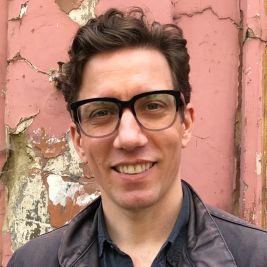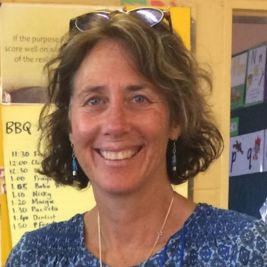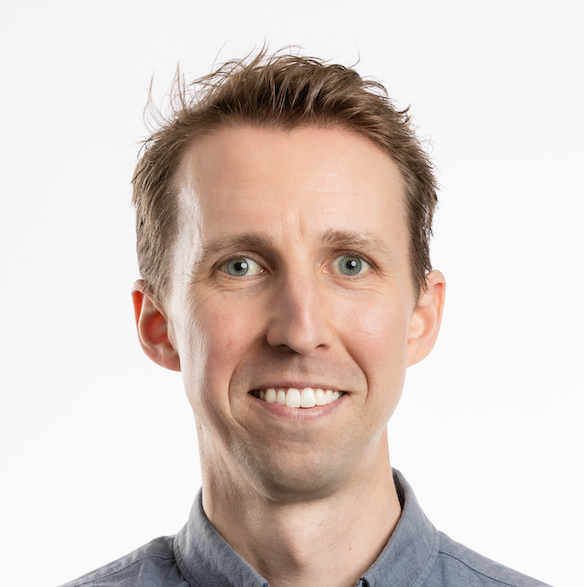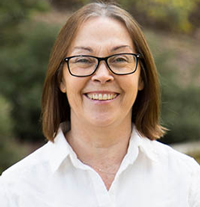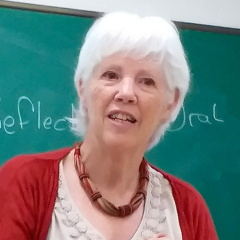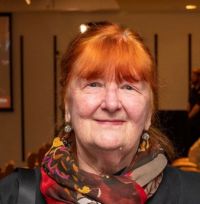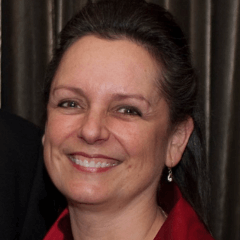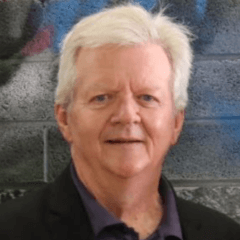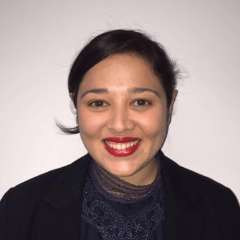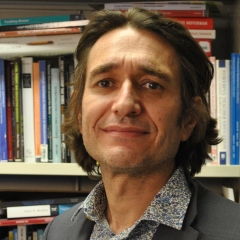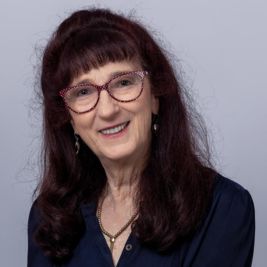Our People
CSC Executive
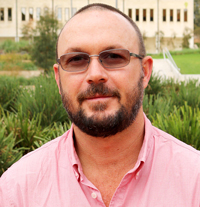 | Professor Philip Roberts | DirectorPhilip specialises in rural education and curriculum inquiry, Philip’s major ongoing research interest is how teachers situate the curriculum in the communities they serve and how spatial theories are incorporated into educational thinking. |
| Associate Professor Will Brehm | Deputy DirectorWill’s research interrogates how comparative and international education intersects with international relations and the political economy of development, focused primarily on the Mekong sub-region of Southeast Asia. In his research, he has explored issues of educational privatization, regional identity making, community-based education, and the politics of knowledge production. Will is also known for the internationally-recognized podcast he created and hosts called FreshEd. |
| Natalie Downes | Operations ManagerNatalie is a research assistant in the Rural Education & Communities Research Group and is currently undertaking her PhD in rural studies and rural education. Her research interests include school aged distance education, rural-regional sustainability, and the ethical working impact of research with rural people and communities. |
Research Staff
| Dr Margie AppelMargie is a teacher educator with many years’ teaching experience in schools worldwide. Her interest in transformative experiences and pedagogies compliment her research interests which include intercultural understanding, culturally responsive teaching and teacher professionalism. Currently, she is working on a culturally responsive teaching participatory action research program with ACT primary school teachers. Margie also teaches in the Health and Physical Education space and works with pedagogies incorporating Indigenous ways of knowing being and doing. |
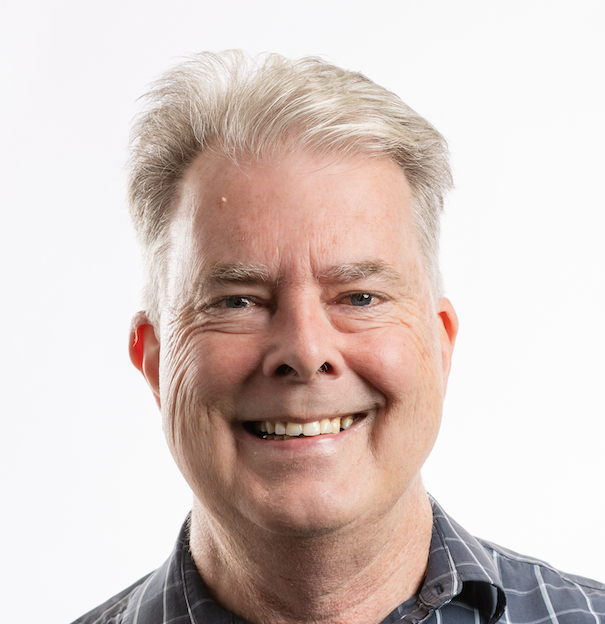 | Dr Bernard BrownBernard’s research focusses on education policy, ethics and education, as well as the history of education. Specifically, his recent work has focussed on leadership in schools and the impacts and challenges for schools brought about by the COVID-19 pandemic. Bernard has published journal papers and book chapters which focus on education policy and leadership. He is currently the Program Director of the Postgraduate Education Program at the University of Canberra. |
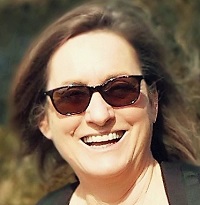 | Dr Jo CafferyJo specialises in developing linguistically and culturally appropriately capacity-building and research programs. Her research interests include empowerment for rural and remote women and youth, gender and development, linguistic and cultural diversity and mother-tongue education. She has extensive experience working with Indigenous people across Australia, Timor Leste, Pakistan, and Papua New Guinea. |
| Dr Michael DaviesMichael is interested in exploring transformative teaching and learning approaches for school-aged children in Relationships and Sexuality Education, Physical Education, and how to maximise place-based opportunities for sustainable enactment of Indigenous ways of knowing, being, and doing in Australian schools. In practice, he brings ten years’ experience of teacher and practitioner education and is a current UC teacher educator for the Bachelor of Primary and Secondary Health and Physical Education degrees. |
| Dr Jenny DeanJenny is a Post-Doctoral Researcher in the Rural Education and Communities research group. Her research interests include inequality in education, the sociology of Indigenous schooling, the social demographics of schooling and school curricula, drivers of university enrolment, and student engagement. She draws on spatial theories of equity and marginalisation in communities and predominantly quantitative methodologies to explore these interrelated issues. |
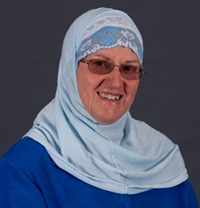 | Dr Sandra Heaney-MustafaSandra’s work focusses on community development in cross-cultural contexts. Her research explores community education and development, social justice, human rights and professional ethics. Her recent research includes ACIAR-funded development projects in Pakistan, working with farming communities to improve livelihoods, enhance production, and better manage water and irrigation practices. |
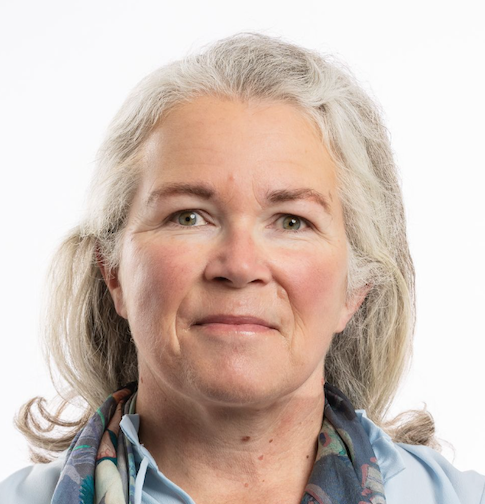 | Dr Ann HillAnn’s research focuses on globally responsive local education futures, sustainability, and community economies. She explores collective ethics and methods for living in a world of changing resources and climate, and the role grassroots knowledge and action, and transdisciplinary imaginations play in cultivating more sustainable futures. |
| Associate Professor Deborah HillDeborah Hill is a linguist with teaching and research experience at universities in Australia and Holland. She has had extensive experience teaching intensively in the Faculty's offshore programs in Vietnam and China. Deborah's research interests are the language and culture of Longgu (Guadalcanal, Solomon Islands) and the teaching of English grammar. |
| Professor Barbara Pamphilon AMBarbara has worked and published extensively in the areas of collaborative research methodologies, community education and development, and participatory learning and action research, through projects both in Australia and the Asia Pacific region. Recently, she has worked on co-learning projects with Pacific partners to address the training issues facing women smallholder farmers and their families, developing new qualitative methods and the gender-transformative Family Farm Teams program. |
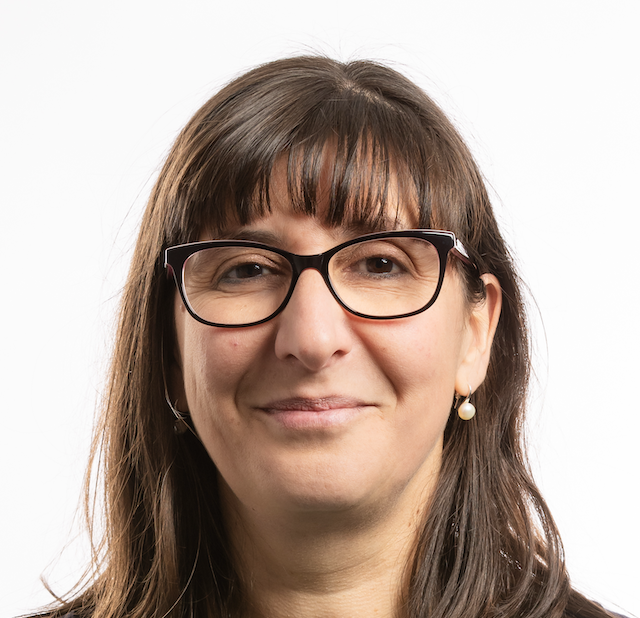 | Professor Deborah Pino-PasternakDeborah’s research interests concern young children’s development of self-regulation and executive functions. In particular, Deborah investigates how early regulatory functions are fostered or hindered by home and school environments, with an emphasis on the quality of parent-child and teacher-student interactions. She has conducted quantitative and qualitative studies in this area and has developed significant expertise in the analysis of interactive video data. |
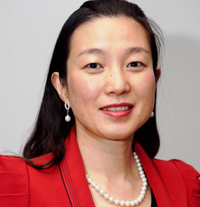 | Professor Ting WangTing is internationally recognised for her research in educational leadership development in cross cultural settings, professional learning communities and teacher professional development, international and transnational education. She is a founding member of the Global PLC Network which researches PLC (Professional Learning Community) policies and practices in schools across six educational systems. |
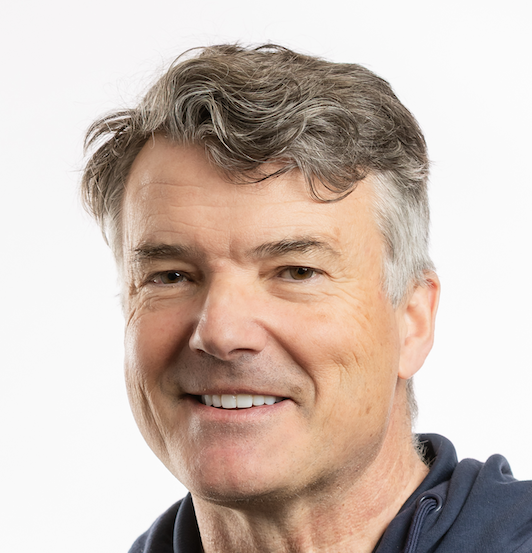 | Associate Professor John WilliamsJohn specialises in Health and Physical Education (HPE). He taught HPE and outdoor education in schools and colleges in Scotland and Australia until completing his PhD at the University of Canberra, studying how Indigenous students experience physical education and school sport. His research interests are broadly concerned with sustainable PE, which he pursues alongside his teaching of PE pedagogy to both undergraduate and post-graduate pre-service teachers. John brings substantial sports coaching experience, particularly Alpine ski teaching and racing. He is qualified at Level 4 in the British Association of Snowsport Instructors teaching scheme. |
Adjuncts and Affiliates
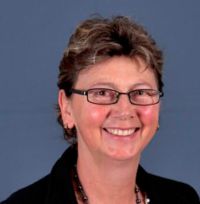 | Associate Professor Katja MikhailovichDr Mikhailovich is an Adjunct Associate Professor in the Australian Institute for Sustainable Communities. The Institute aims to contribute to sustainable social, cultural and economic development by providing research and professional development services to communities, government and the private sector. |
| Professor Daniela StehlikThroughout her career in three states, Daniela Stehlik has studied the intersections of sustainability, human service practice and social cohesion focussing on families and communities in regional/rural Australia: resulting in a number of publications on aspects of social sustainability, community capacity building in times of adversity, and evidence-based policy. Professor Stehlik has extensive Board governance experience and has been called upon to provide advice to governments, NGOs and the private sector.Daniela tweets as @RubaSkala and can be contacted on danielastehlik@icloud.com. |
| Dr Michelle SalmonaDr. Michelle Salmona is an Adjunct Professor at UC who specializes in qualitative and mixed methods research. Michelle is President of the Institute for Mixed Methods Research (IMMR) and works as an international consultant in: program evaluation; research design; and mixed-methods and qualitative data analysis using data applications. With a background as a project management professional and a senior fellow of the Higher Education Academy, UK, her research focus is to better understand how to support doctoral success through strengthening the research process; and build data-driven decision-making capacity through technological innovation. |
| Professor Dan KaczynskiProfessor Dan Kaczynski is a qualitative and mixed methods researcher with experience at universities in Australia and the United States. He is a professor in the Faculty of Education at the University of Canberra providing supervisory support for doctoral candidates. In addition, he is a senior research fellow with the Institute for Mixed Methods Research and professor emeritus at Central Michigan University. |
| Peter Copeman SFHEAPeter is an Adjunct Professional Associate with the Faculty of Education, since retiring in 2020 from fulltime employment as a multi-award-winning Senior Teaching Fellow in UC’s Learning and Teaching unit. In that role he convened the Graduate Certificate in Tertiary Education course, mentored colleagues to achieve HEA Fellowships, co-managed projects such as Indigenisation of the Curriculum program, represented UC on multiple cross-institutional projects including the award-winning Contemporary Approaches to University Teaching MOOC, supervised doctoral students and taught research communications skills. In his adjunct role he has continued postgraduate supervision, HEA Fellowship mentoring, curriculum Indigenisation, and research communication training. |
| Dr Zinnia MevawallaDr Zinnia Mevawalla (she/her) is a Lecturer in Early Years Education at the University of Strathclyde, Glasgow, and an Adjunct Assistant Professor at the University of Canberra. Zinnia has had the privilege of working with children, families and educators across diverse international communities to understand how initiatives in the early years can uphold children's rights and foster social inclusion. Zinnia is particularly interested in the role of critical consciousness in actualising social justice and equity education in the early years. |
| Associate Professor Affrica TaylorAffrica’s research is situated within the environmental humanities and seeks ways of countering the entangled genocidal/ecocidal legacies of colonialist/capitalist excess. She draws on eco-feminist philosophy and Indigenous Land ontologies as alternatives to the human-centric and individualistic paradigms that dominate Euro-western education. |
| Dr Bill MaidenDr Bill Maiden retired in 2012 after a teaching career of 43 years in N.S.W. and the A.C.T.. He possesses an undergraduate degree, two Masters degrees (UNE) and a Ph.D (UC). Dr Maiden has taught Masters’ programs at the University of Canberra and on three occasions was invited by the University of Canberra to teach in its Master of Educational Leadership summer school program in Hangzhou and Harbin, China. He has recently served as a second supervisor to a doctoral student. |
| Jacques-Olivier PercheJacques is the Head of Professional Learning for the English Schools Foundation, a group of 22 international schools in Hong Kong. He has specialised in building sustainable learning and development models, sourced from a variety of industries, including investment firms and legal practices. Jacques has recently initiated the concept of "intellectual wellbeing". He uses this newly-coined term to explore further the function of professional learning and development in organisations, balancing authenticity, visible productivity, relationships, and adaptability. He is also engaged in co-developing knowledge creation and mobilisation models in local and global companies. |
| Peter BodycottPeter was appointed as Professor of Teacher and International Education in 2013. His previous positions included working as a university teaching-research academic in Hong Kong, Singapore and Australia. At UC he coordinates and teaches postgraduate units on research methods and writing for academic publication. Before undertaking an academic career, Peter was a primary school classroom teacher, in NSW Australia. |
| Lindy Croft-PigginDr Croft-Piggin's research has explored the concepts of identity, gender, rurality, and youth culture using the thinking tools of Pierre Bourdieu. She was a Teacher Educator and Manager of Online Learning Quality at Charles Sturt University following a career in the NSW Department of Education as a teacher of English and History and as a Curriculum Support Officer with expertise in Literacy, Dance, Drama, Visual Art, and Music, K-12. |
Research Assistants
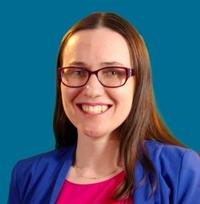 | Natalie DownesNatalie Downes is a research assistant in the Rural Education & Communities Research Group and is currently undertaking her PhD in the area of rural studies and rural education. Her research interests include school aged distance education, rural-regional sustainability, and the ethical working impact of research with rural people and communities. Natalie brings a wide range of experience to the team having worked on projects funded by the government, ARC, and not-for-profit organisations. She has worked on projects with university outreach teams, schools, community organisations and is an editor of the Australian and International Journal of Rural Education. Natalie also works as a research administrator with the Centre for Sustainable Communities at the university of Canberra. |
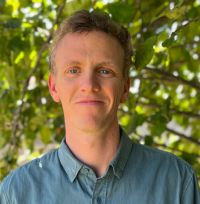 | Monty NixonMonty grew on Arrente Country in Central Australia where the desert landscape sparked an interest about the story of how humans fit and connect as part of the world. This interest became a passion whilst developing a background in Outdoor Education as an undergraduate student at La Trobe University. Monty’s Honours thesis continued to ask questions of more-than-human relations, exploring Rock Climbing at Dyurrite Mount Arapiles. Monty is interested in studying how different ways of being, knowing and doing inform understanding of place(s), and the narrative Australians can create together to disempower hegemonic Colonial perspectives of Nature. Monty joined the CSC as a research assistant on the Country as Teacher Project. Since joining the Centre, Monty has also joined Dr. Jo Caffrey on the Youth as Change Project in Papua New Guinea. |
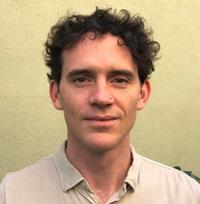 | Kerry WoodwardKerry Woodward’s research interests include food, postgrowth identities, diverse economies, political ecology and more-than-human assemblages. Currently, Kerry is exploring how care is practised in vegetable places and what this means for the health and wellbeing of people and planet. Kerry is a PhD student in the Centre for sustainable Communities. |
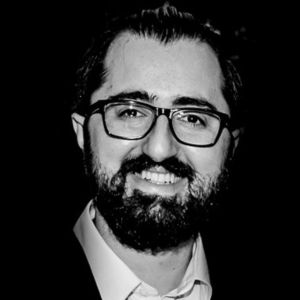 | Dr Navid SabetNavid’s work at the CSC draws on his teaching and research background combined with substantial learning design, digital solutions, and communications experience across the tertiary education, non-profit, and private sectors. |


